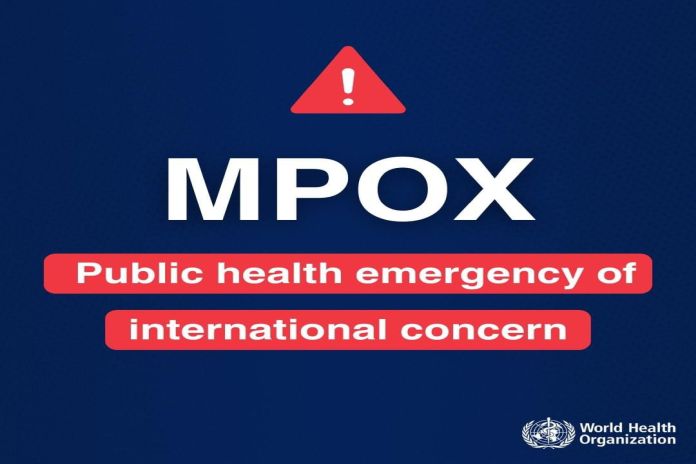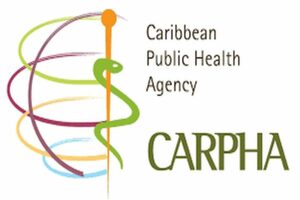PORT-OF-SPAIN, Trinidad – Mpox was declared a public health emergency of international concern (PHEIC) on 14 August 2024 by the World Health Organization (WHO) following an upsurge of infections by the virus in the Democratic Republic of the Congo and a growing number of countries in Africa.
This is the highest level of global alert recognizing the potential threat this virus poses to countries around the world, and it is the second declaration in two years of a PHEIC relating to mpox. This current outbreak of mpox is caused by clade I, which is more transmissible and causes more severe illness. Clade II was responsible for an outbreak that WHO declared to be a global health emergency from July 2022 to May 2023.
Presently, no cases of clade 1b mpox have been reported in the Caribbean and its neighbouring countries including the United States, United Kingdom, Canada, and Latin America. There is also a limited number of travellers and no direct commercial flights from the Democratic Republic of Congo, or its neighbouring countries to the Caribbean.
“CARPHA is monitoring the situation closely. The current risk to Caribbean population from mpox clade 1b is low to moderate, as no cases of mpox have been identified in the CARPHA Member States. However, the identification of the first case of clade 1b outside of Africa, is a warning call for public health authorities to be vigilant and necessitates enhanced surveillance by all Caribbean countries, inclusive of monitoring of incoming passengers, and rapid/early identification of potential cases, and a well-coordinated regional and international response,” states Dr Lisa Indar, Ad interim executive director at the Caribbean Public Health Agency (CARPHA).
Mpox, formerly known as monkeypox, is a viral disease that can spread easily between people and from infected animals. It can spread through direct contact with bodily fluids, such as during sex, and through contaminated materials like sheets, and clothing used by an infected person. Common symptoms of mpox are a skin rash or mucosal lesions which can last 2–4 weeks accompanied by fever, headache, muscle aches, back pain, low energy, and swollen lymph nodes.
Currently, two mpox vaccines have been approved by the WHO-listed national regulatory authorities and the process has been started for Emergency Use Listing which improves the capacity for vaccine distribution to low-resourced areas and countries.
“Mpox virus testing capacity has been established at the CARPHA Medical Microbiology Laboratory. Additionally, CARPHA is collaborating with regional public health partners to respond to any surge in mpox cases in the region. Additionally, we are liaising with CARICOM Implementation Agency for Crime and Security (IMPACS) for Advanced Passenger information for persons arriving from countries that have reported mpox,” said Dr Horace Cox, acting director of surveillance, disease control and prevention at CARPHA.
CARPHA issued a watching brief on mpox to member states and recommends enhanced vigilance, including the following measures to its member states; Act quickly and transparently, and report, if any imported cases of mpox are identified; Enhance surveillance systems for rapid identification of imported cases presenting with fever and rash; enhance case investigation for mpox, including alerting port health officials to be vigilant for possible cases; develop and disseminate public education materials on mpox as a re-emerging zoonosis.
Additionally, member states are encouraged to promote awareness among clinicians, other frontline health workers and public health professionals to be alert to persons presenting with rash without a clear alternative diagnosis, particularly with a travel history from countries that have reported mpox, within two weeks preceding the onset of signs and symptoms are urged to promote comprehensive mpox prevention and control strategies for high-risk populations. CARPHA will provide member states with guidance to support their national response efforts.
To reduce exposure to and transmission of the virus, persons should maintain basic hand hygiene – wash hands frequently with soap and water or an alcohol-based hand sanitiser. In addition,
- Stay informed about the risk of mpox;
- Be on the alert for any unusual rashes or lesions on the genitals or other parts of the body;
- Avoid close contact with people who are sick with signs and symptoms of mpox, including those with skin lesions or genital lesions;
- Avoid contact with wild animals (alive or dead) in areas where mpox regularly occurs;
- Avoid contact with contaminated materials used by people who are sick (such as clothing, bedding, or materials used in healthcare settings).






